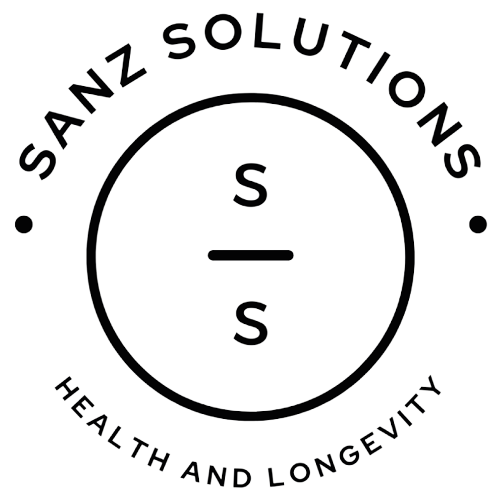In his book Antifragile, Nassim Nicholas Taleb introduced the concept of the "noise bottleneck." This is the idea that as we are exposed to more and more information, our ability to distinguish between signal (useful information) and noise (useless information) becomes impaired. This can have a number of negative consequences for our health.
One of the most important consequences of the noise bottleneck is that it can lead to poor decision-making. When we are constantly bombarded with information, it can be difficult to make clear-headed decisions about our health, our diet, and our exercise routine. This can lead to making choices that are not in our best interests, such as eating unhealthy foods or sabotaging workouts.
The noise bottleneck can lead to us losing sight of our nutrition goals. When we are constantly bombarded with information, it can be easy to get caught up in the noise and forget about the things that we really want to achieve. This can lead to us giving up on our goals or making poor choices that will sabotage our progress. Fad and politicized diets are sold to us as a way to get lean and strong quick. They can be helpful in the short-term but we lose track of what's really important for health and longevity; eating foods in their natural form at levels that support exercise but not body fat.
Finally, the noise bottleneck can also lead to stress and anxiety. When we are constantly bombarded with information, our brains are constantly working overtime to try to make sense of it all. This can lead to feelings of overwhelm, confusion, and anxiety. In the long term, stress and anxiety can have a number of negative health consequences, including increased risk of heart disease, stroke, and depression. They can also lead to sleep problems, weight gain, and decreased productivity.
If we want to live long, healthy lives, it is important to be aware of the noise bottleneck and its effects. We need to learn how to filter out the noise and focus on the signal. We also need to find ways to reduce stress and anxiety in our lives. By doing these things, we can improve our overall health and well-being and live longer, happier lives.
Here are some tips for reducing the noise bottleneck and improving your health.
- Limit your exposure to social media and other sources of information.
- Focus on the things that are truly important to you, such as your health, your fitness, and your goals.
- Take breaks from information overload.
- Practice relaxation techniques, such as meditation or yoga.
- Get enough sleep.
- Eat a healthy diet.
- Exercise regularly.
Here are some additional tips that may be helpful:
- Set boundaries with your devices. Decide how much time you want to spend on your phone, computer, and other devices each day, and stick to it.
- Find healthy ways to cope with stress. Exercise, yoga, meditation, and spending time in nature are all great ways to reduce stress levels.
- Connect with your support system. Talk to friends, family, or a therapist about the challenges you're facing.
- Be patient with yourself. It takes time to change your habits and reduce the noise in your life. Don't get discouraged if you don't see results overnight.
Making changes to your lifestyle can be challenging, but it's worth it for your health.

